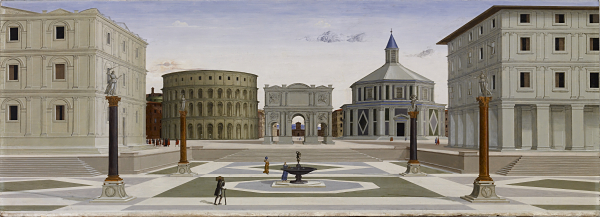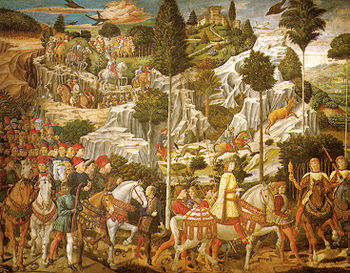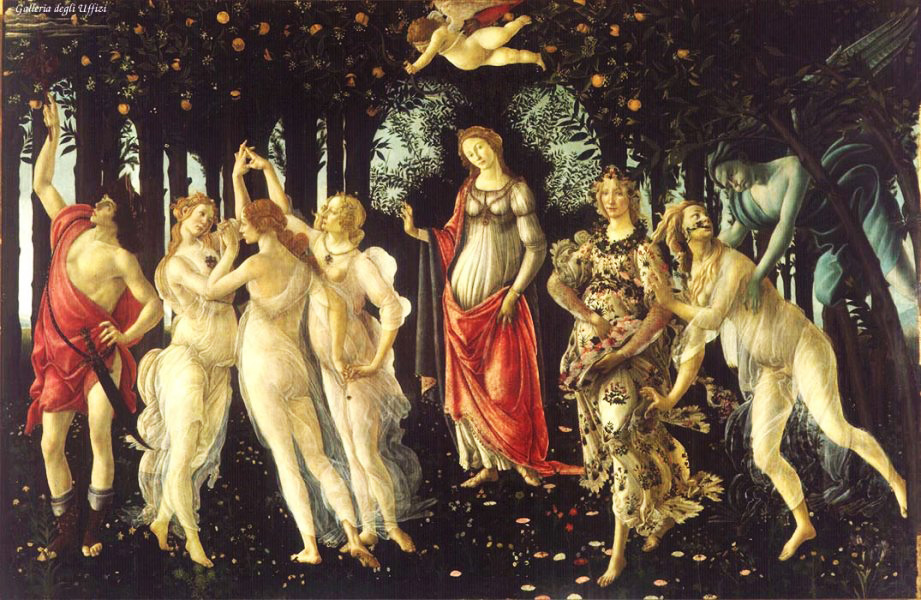"You can see. We don't have nothing here," he says. He's dressed nicely, wearing shades and a white button-down shirt tucked into his jeans. His family was a target for the Taliban because they had some money and worked with gold, he tells us. "We were little bit rich -- not a lot, but some."We finish talking and say our goodbyes. But he stops me before I go. "Let me ask you something else," he says. "Can anyone help us from this situation?""We are here many months. We see many people, many NGOs, many reporters, from everywhere, from every country. They're just coming and asking and..lalala..finished. We don't see any movement, or anything good for us. It's just for reporting or make money from refugees. That's it. They don't do anything. They just make some report, and that's it."He's right. This is the most covered, tweeted, Facebooked, YouTubed, blogged refugee crisis the world has ever seen. There are 57,000 migrants stranded in Greece.
I don't have an answer for him, -- Richard Nieva, Sofia starts her days bouncing between 20 Facebook groups for people helping refugees in Greece, She sifts through a cacophony of chats and online posts, answering questions, providing news updates and organizing and circulating requests for urgent needs, She unplugs and goes into iphone screen protector apple "mama mode" from when her 4-year-old daughter returns from school until the child gets tucked into bed, After that, she's on her laptop until 2 in the morning, Sofia has become an active grassroots organizer for the refugee crisis in Greece, even though the 36-year-old student is 2,000 miles away in Norway, She's part of a network of online coordinators scattered around the world, including in the US, UK and Turkey..
"It's chaotic, multitasking work," she tells me on a video call in June over Facebook Messenger. I can see she wears big, ash-black glasses and red lipstick. "It's impossible to disconnect."Sofia, who uses a pseudonym to protect herself from anti-immigrant critics in her country, represents a new kind of unofficial aid worker in Europe's refugee crisis: The virtual volunteer, raising funds, coordinating workers and disseminating information from anywhere in the world. All you need is time, energy and a computer.
Sofia felt the urge to help last fall when she saw images of Alan Kurdi, the 3-year-old Syrian toddler whose body washed up on a beach in Turkey after he'd drowned in the Aegean, The photo, showing a Turkish officer cradling Kurdi in his arms, went viral -- and opened everyone's eyes to Europe's humanitarian crisis, She started by raising funds through Generosity.com, part of crowdsourcing site Indiegogo, to send a nurse and translator to Greece, She then helped create a grassroots organization called Information Point , which now runs Facebook groups and websites to coordinate independent volunteers and share information, GreeceVol.info, the group's main site, includes a 16-page Google document crash course on volunteering in Greece, with regularly updated bulletins for supply needs and volunteer opportunities, Since February, she's iphone screen protector apple also helped work with the volunteer group Are You Syrious, as well..
A view of Lesvos, Greece, that tourists see. Kiki Michailidou hears a lot about pain. A psychologist for the International Rescue Committee, Michailidou works at a government-run refugee camp on the Greek island of Lesvos, where she talks migrants through depression, anxiety, grief, panic attacks and suicidal thoughts. "They've been through lots of distress," she tells me, as we sit at a table under a blue tarp just outside the Kara Tepe camp's front gate. "They used to be people like you and me. They had their lives, they had their homes."And now?.



